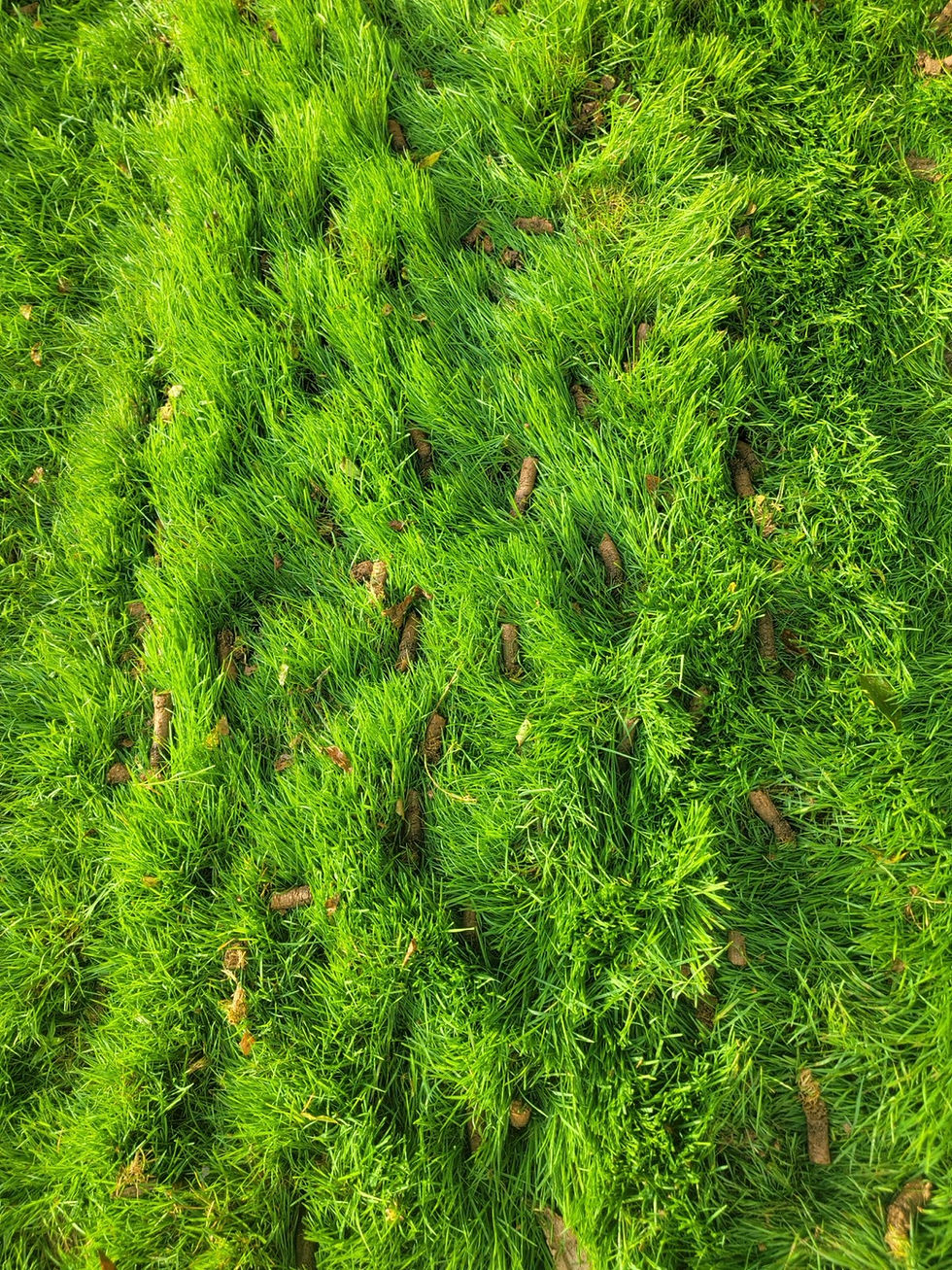Can I Use Pine Needles for Mulch in Landscaping?
- sqclawncare
- Feb 21, 2025
- 4 min read
Pine needles, often overlooked in landscaping, make an excellent choice as mulch. Whether you're looking to enhance the appearance of your garden or improve soil health, pine needles offer a natural and effective solution. In this article, we'll explore the many benefits of using pine needles as mulch, as well as some considerations to keep in mind before applying them to your landscape.

Benefits of Using Pine Needles as Mulch
Pine needles are one of the best natural mulches you can use for your garden. Here are some of the most significant benefits:
1. Moisture Retention
Pine needles are great at retaining moisture in the soil. During hot, dry spells, pine needles help prevent the soil from drying out by locking in the moisture. This helps keep your plants hydrated and thriving.
2. Natural Acidity
Pine needles are naturally acidic, which makes them a perfect choice for acid-loving plants, such as azaleas, rhododendrons, and blueberries. The acidity helps create the ideal pH environment for these plants to flourish.
3. Lightweight and Easy to Handle
Pine needles are lightweight, making them easy to spread and work with. Unlike heavier mulches, such as bark or wood chips, pine needles are less strenuous to transport and apply. This makes it easier for homeowners to take care of their landscaping.
4. Weed Suppression
A thick layer of pine needles can effectively suppress weed growth in your garden. The needles create a barrier that prevents sunlight from reaching weed seeds, inhibiting their growth. This reduces the need for chemical herbicides, providing an eco-friendly solution.

Considerations for Using Pine Needles
While pine needles are a great mulching option, there are a few things to keep in mind before applying them to your garden.
1. Potential for Compacting
Over time, pine needles can become compacted, especially if they are not replenished regularly. Compaction can lead to poor airflow in the soil, which may affect the roots of your plants. It's important to fluff up the pine needles periodically to avoid this.
2. Suitability for Certain Plants
While pine needles are fantastic for acid-loving plants, they might not be ideal for all types of plants. If you are growing plants that prefer neutral or alkaline soil, pine needles may not be the best choice. Always consider the pH needs of your plants before applying pine needle mulch.
3. Aesthetic Considerations
Pine needles create a soft, natural look in your garden. However, some homeowners might prefer a more uniform or polished appearance. If you’re looking for a more refined, decorative mulch, you might want to consider other options like bark or wood chips.
How to Apply Pine Needles in Landscaping
If you've decided to use pine needles for mulching, here's how you can apply them correctly:
1. Spread Evenly
Start by spreading a layer of pine needles evenly over the soil. Try to apply a mulch layer that is approximately 2 to 3 inches deep. Be sure to avoid piling them up against the stems or trunks of your plants, as this can cause rot.
2. Maintain Regularly
Pine needles naturally break down over time, so it's essential to replenish the mulch as needed. To maintain optimal moisture retention and weed suppression, top up the pine needle mulch every few months.
3. Monitor for Compaction
Pine needles can become compacted over time, so be sure to fluff them up with a rake to allow for better airflow. This will ensure that the roots of your plants have adequate oxygen and nutrients.
When to Choose Pine Needles Over Other Mulching Materials
Pine needles are an excellent choice for landscaping, but how do they compare to other types of mulch? Here's a quick comparison:
Pine Bark: Pine bark is heavier and lasts longer than pine needles. It provides a more polished appearance but does not have the same natural acidity that pine needles do.
Wood Chips: Wood chips are great for larger areas but can be bulky and harder to work with compared to pine needles.
Straw: Straw is light but tends to decompose quickly and doesn’t offer the same moisture retention as pine needles.
Overall, pine needles are a cost-effective, natural mulch that offers several benefits for certain plants and garden types.

Professional Pine Needle Services
While applying pine needles in your landscaping can be a DIY project, sometimes it’s best to seek professional help to ensure proper application and maintenance. Sawyer's Quality Cuts offers top-tier Pine Needle Services, ensuring your landscape thrives with the best mulch options. Their team of experts can handle the labor-intensive work, leaving you with a beautiful, healthy garden.
If you’re looking for lawn care service in your local area, consider reaching out to a lawn expert at Sawyer's Quality Cuts. Their skilled team will ensure your yard is not only well-maintained but also flourishing with high-quality pine needle mulch.
Final Thoughts on Using Pine Needles for Landscaping
Pine needles are a fantastic option for landscaping, offering benefits such as moisture retention, natural acidity, and excellent weed control. However, they may not be suitable for all plants, so it’s essential to consider your garden’s specific needs before using them.
If you’re ready to enhance your landscape with pine needles, Sawyer's Quality Cuts can help with professional Pine Needle Services to ensure your garden stays healthy and vibrant.
For those in need of Durham Landscaping Maintenance, contact a lawn expert at Sawyer's Quality Cuts to help you get the most out of your landscaping.




